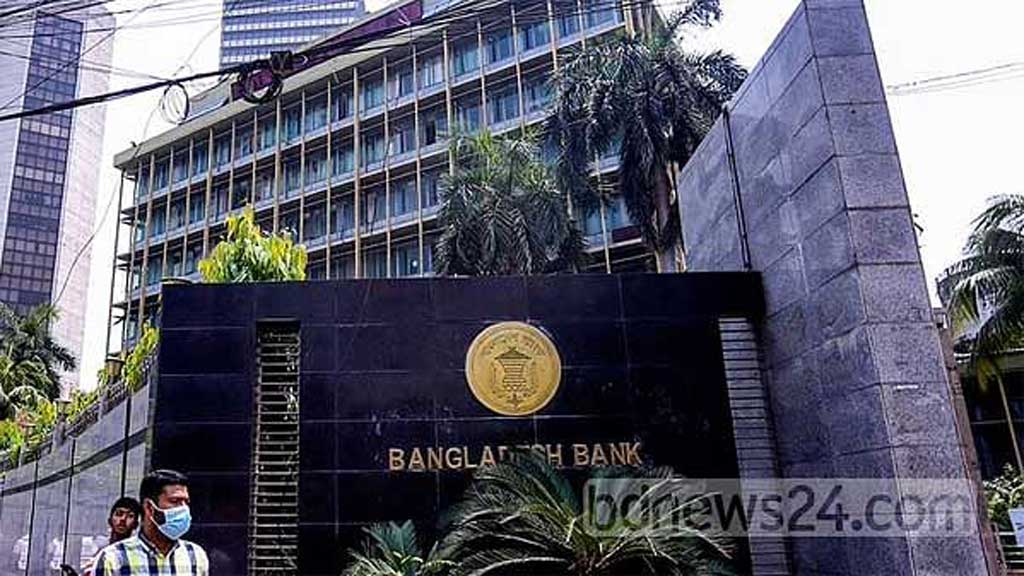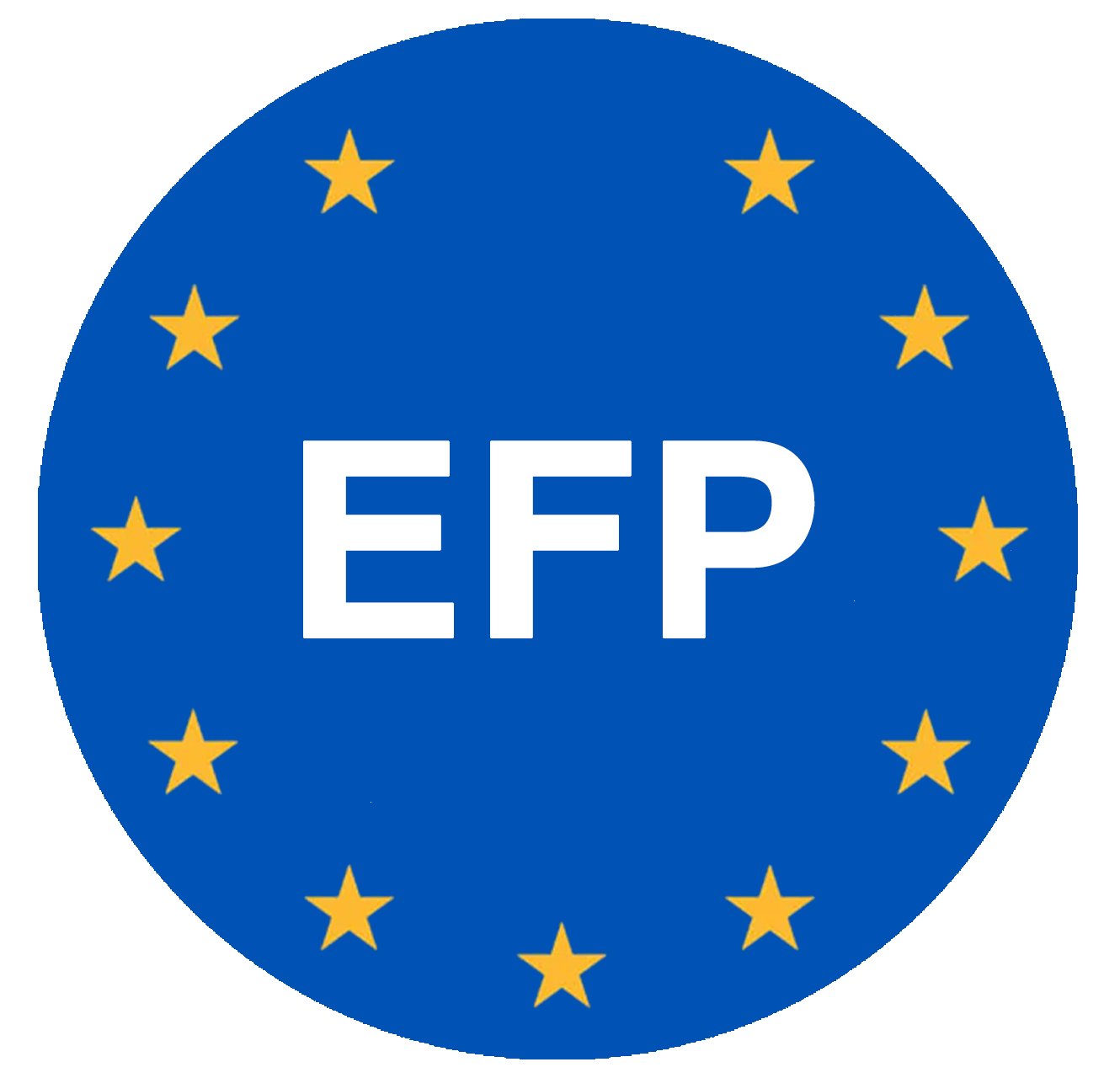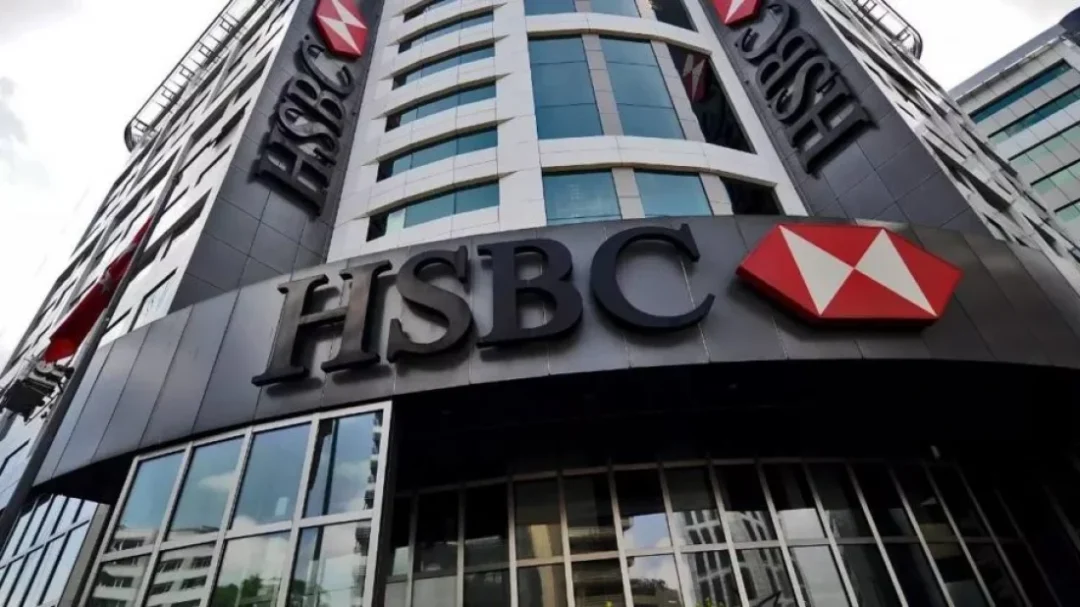As part of its ongoing efforts to cool inflation, Bangladesh Bank has once again increased the repo interest rate (also known as the key policy rate) by 50 basis points to 10 percent.

The new rate will take effect from Oct 27, the central bank said.
A letter to the effect was sent to commercial banks on Tuesday, Bangladesh Bank said.
The repo rate will be increased and a contractionary monetary policy will be pursued until inflation targets are achieved, the central bank said in its circular.
“As such, the policy rate has been increased by 50 basis points from 9.5 percent to 10 percent.”
In addition, the upper limit of the policy interest corridor – the Standing Lending Facility (SLF) – has been increased by 50 basis points to 11.50 percent and the lower limit of the policy interest corridor – the Standing Deposit Facility (SDF) – has been increased by 50 basis points to 8.50 percent.
Bangladesh Bank had previously increased the repo rate by 50 basis points to 9.50 percent on Sept 24.
Before that, on Aug 25, the repo rate had been raised by 50 basis points to 9 percent.
The policy interest rate has now increased for a third time since economist Ahsan H Mansur took charge as the governor of Bangladesh Bank.
Now, any commercial banks facing a liquidity crisis will have to face higher interest rates if they borrow from the central bank. This is part of Bangladesh Bank’s efforts to contract the money supply in the belief that it will ease the eye-watering inflation plaguing the economy.
People with limited means have been suffering greatly due to the persistent increase in prices for quite some time. The lofty inflation rate peaked at a record high in July amid protests, clashes, curfews and gridlock. However, it eased slightly in August, though it remained near double digits.
While the general inflation rate fell slightly in September, food inflation remained above 12 percent.
Data released by the Bangladesh Bureau of Statistics (BBS) this month shows that the general price inflation on a point-to-point basis in September was 9.63 percent, up from 9.10 percent in September last year.
Governor Mansur said at a press conference that he hoped inflation would ease, but that it was unlikely to be a quick fix.
Bangladesh Bank Governor Ahsan H Mansur said at a media briefing on Monday, “The inflation is expected to be in a good place by March-April. It’s difficult to say how good it will be. But we will tighten the policy so that inflation comes down.
“Remittances are also increasing. The exchange rate is stable now and we hope it will remain so. If this can be maintained, inflation will surely drop.”


